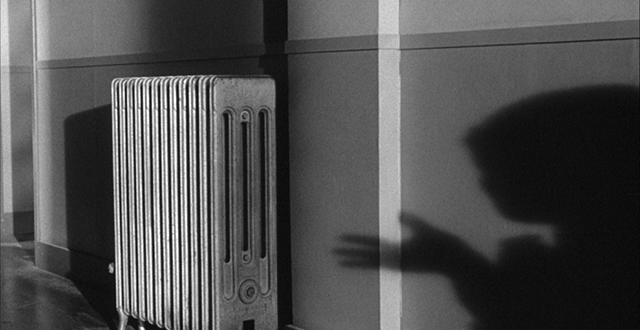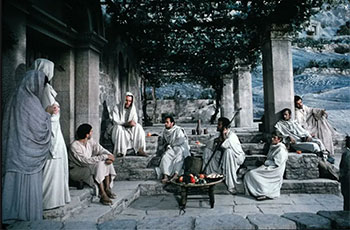
COMMEMORATING 30 YEARS OF TFF
11/18/2020In 1923, William Carlos Williams wrote an untitled poem that he included in his remarkable Spring and All. When his first volume of collected poems was published 15 years later, he had given what is now his best-known poem a title. “To Elsie” is named after Elsie Borden, a disabled woman who grew up in an orphanage and who worked for the Williams family in New Jersey. The poem famously begins: “The pure products of America / go crazy…” And it ends, less famously but so hauntingly: “No one / to witness / and adjust, no one to drive the car.” Dr. Williams’ great work was a beacon for the young Allen Ginsberg when he wrote his longer clarion call “Howl” in 1955: “I saw the best minds of my generation destroyed by madness, starving hysterical / naked…” And, a few lines from the end, “O starry-spangled / shock of mercy the eternal war is here…” Ginsberg was read closely and later befriended by Bob Dylan, who sounded the call in a rougher and rowdier register in “A Hard Rain’s Gonna Fall” and, later, in a more plangent tone in “All Along the Watchtower.” And roughly concurrent with Dylan, from another side of America, came Sam Fuller’s bargain-budget Shock Corridor, restored by UCLA with the help of The Film Foundation and the Hollywood Foreign Press Association. In Fuller’s independently made tabloid vision of America-as-madhouse, the pure products have all gone crazy, as Robert Polito observes in his Criterion essay on the film. The best minds have all been destroyed by madness, the hard rain is already falling and there is no way out of here. A reporter pretends to be a madman in order to gain admittance to an insane asylum to investigate a murder. In the asylum, he encounters a nuclear physicist who thinks he’s a little boy, a traitorous Korean War vet who thinks he’s a Confederate General, and a black man who has integrated a Southern university who thinks he’s the founder of the KKK. In the end, the reporter himself actually does go mad…and wins the Pulitzer Prize. Shock Corridor was not greeted warmly when it was released in September 1963. Two months later, the President was assassinated, and the endless high-profile convulsions of the decade began.
But when did the convulsions begin? And did they ever really end?
- Kent Jones
Follow us on Instagram, and Twitter!
SHOCK CORRIDOR (1963, d. Samuel Fuller)
Restored by UCLA Film & Television Archive with funding provided by The Film Foundation and the Hollywood Foreign Press Association.
The Film Foundation
